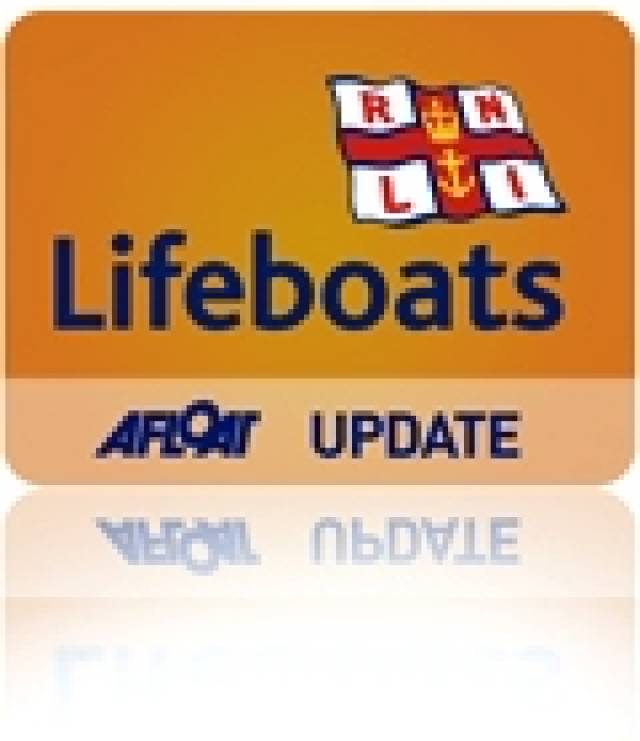#RNLI - After 43 years working with the ESB, a Co Donegal man has donated €700 – money in lieu of retirement presents – to Bundoran RNLI.
Ballyshannon’s Brendan 'Mannix' Gallagher held his retirement party last Friday 30 November at the Allingham Arms in Bundoran but opted not for presents for himself but donations to Bundoran RNLI.
A crowd of well over 200 people attended the festivities on the night and all were delighted to make a donation to the local volunteer lifeboat service.
Brendan is well known in the area for his fundraising so it came as no surprise to the party goers that he requested donations to the RNLI.
Tony McGowan, Bundoran RNLI lifeboat operations manager, said: "We are very grateful to Brendan and his wife Joan for this thoughtful and generous method of donating to the lifeboat.
"The gesture has raised over €700 for Bundoran RNLI and will go towards the training of our volunteer crew to continue to save lives at sea."
Brendan’s retirement party is not the only local fundraiser for Bundoran RNLI at the moment. Shoppers at Sweeny Todds in Market Square Shopping Centre can purchase their Christmas cards there, and with every sale from the selected range a 50 cent donation will be made to Bundoran RNLI.
Next Sunday 16 December, the Pier Head Hotel in Mullaghmore will hold a charity wax in aid of Bundoran RNLI as part of their Christmas Family Fun Day. And the annual Bundoran Lifeboat Dinner Dance will take place at the Great Northern Hotel on Friday 1 February 2013. Tickets are on sale now from all crew members.
Bundoran RNLI also reminds the public that these are the only fundraisers at present, after reports of a 'bogus Santa' charity collector seen in Bundoran last month.
































































